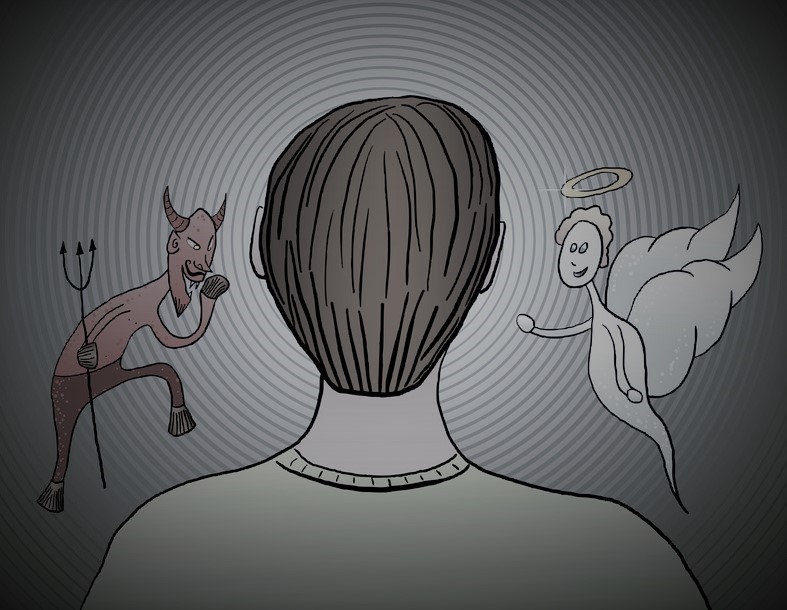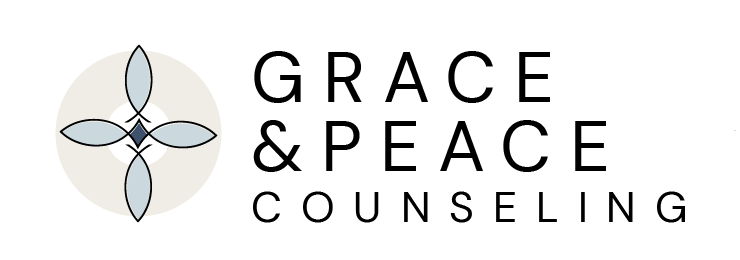
When we think about people hearing voices in their head, we equate that with a mental disorder such as schizophrenia. And while that can be true, it is a limited perspective. The truth is, we all have voices in our head, AND we listen to those voices. That does not mean you have schizophrenia or dissociative disorder, or psychosis. It means you are human.
We aren’t very good at recognizing the voices in our head because we fill our lives with distraction. The TV, our phones, the radio in the car, anything to provide background noise. When we are quiet though, the voices can be deafening, which is why we try to distract or try to tune them out.
When we learn to recognize the voices in our head, we can do something about what they are telling us. The voices are nothing more than thoughts. Often, we believe that the voice is our own; “You need to do better.” “You are worthless.” “You’ll never get it right.” If we peel back the layers, we begin to recognize that the voices had their start with someone else; a parent, sibling, teacher, coach, friend, significant other.
Labeling our voices, both where they came from and what they represent, is a good way to break their power over what we think and believe.
Adam S. McHugh, in his book, The Listening Life, provides some labels for the voices that often reside in our heads.
- The parent: I tell you what you should be doing and where you aren’t measuring up. “You should clean your room.” “You should eat healthier.”
- The therapist: I analyze other people so that I don’t have to look at myself. “That person is crazy.” “They are out to get you.”
- The defendant: Whatever happens to me is because someone else did it. “That truck came out of nowhere.” (Never mind that you were busy texting and weren’t paying attention to the road.)
- The critic: I find fault in everyone and there is always some bad thing to find. I especially pick on the things I don’t like in myself; however, I’m completely oblivious to that. “She is so judgmental.”
- The lawyer: I am always working the defense, even when no one has accused me of anything. “Well, the reason I did A was because B looked like they thought C, thus, I had to engage in A.”
- The doomsayer: I look for where things can and will go wrong. I expect the worst; therefore, I find the worst. “I just knew I would pick the longest line in the store. This always happens to me.”
- The balcony guys: I resemble the sarcastic old
men, Statler and Waldorf, from The Muppet
Show. “STATLER: I wonder if there really is life on
another planet.
WALDORF: Why do you care? You don’t have a life on this one?” - The junior higher: I’m insecure, self-conscious, a bit self-centered, and think everyone is always looking at me. “I am just as good as he is, why is he judging me?”
- The bully: I yell a lot, especially at the other voices. “Shut up.: “You don’t know what you’re talking about.” “You’re stupid.”
You can label your own voices with whatever names work for you. Labeling your voices fosters a sense of detachment. Your voices aren’t you. I like the picture of the cartoon angel and devil sitting on opposite shoulders. I can choose which voices I want to listen to.
Remember, you don’t have to believe everything you think.
